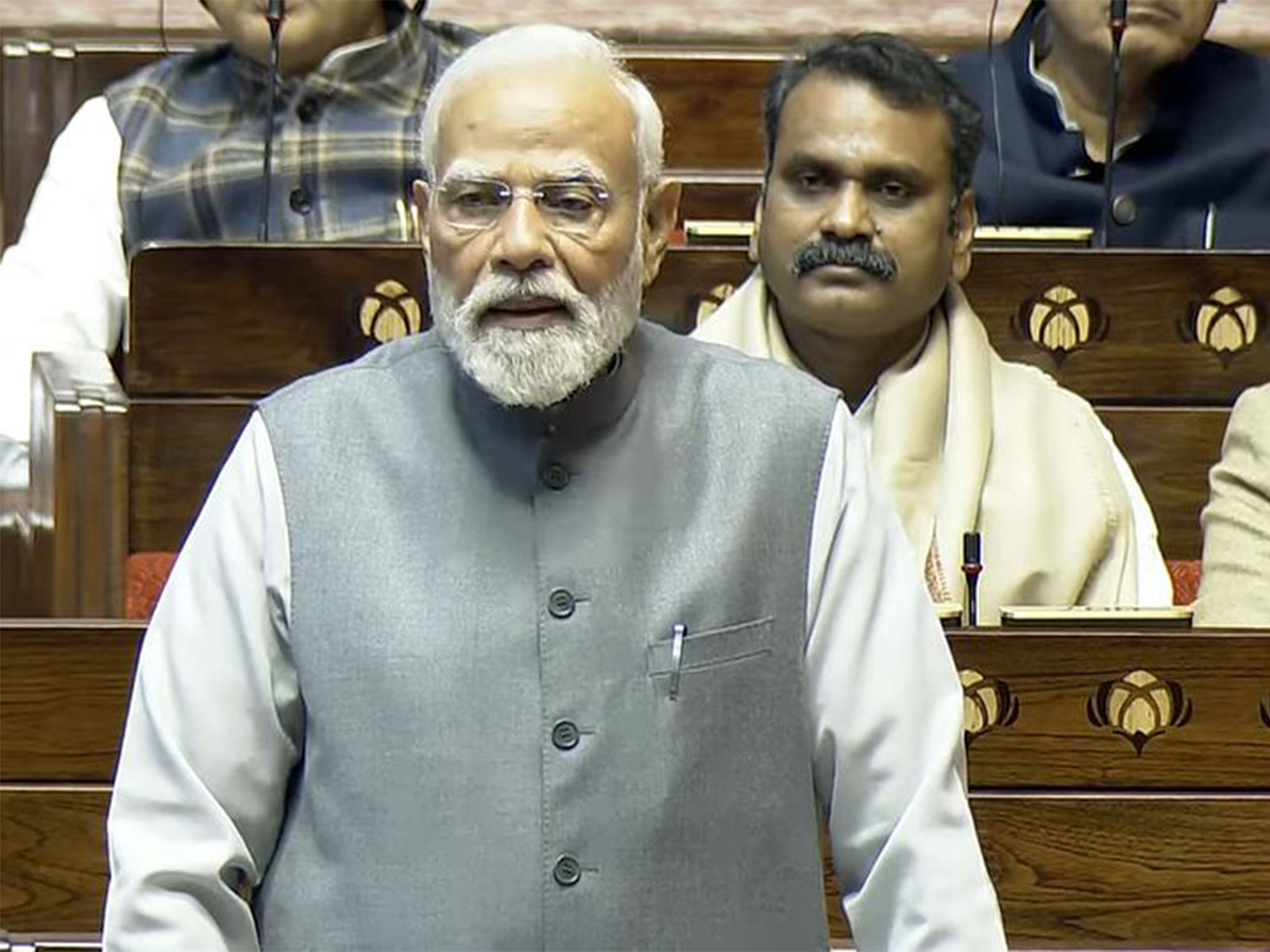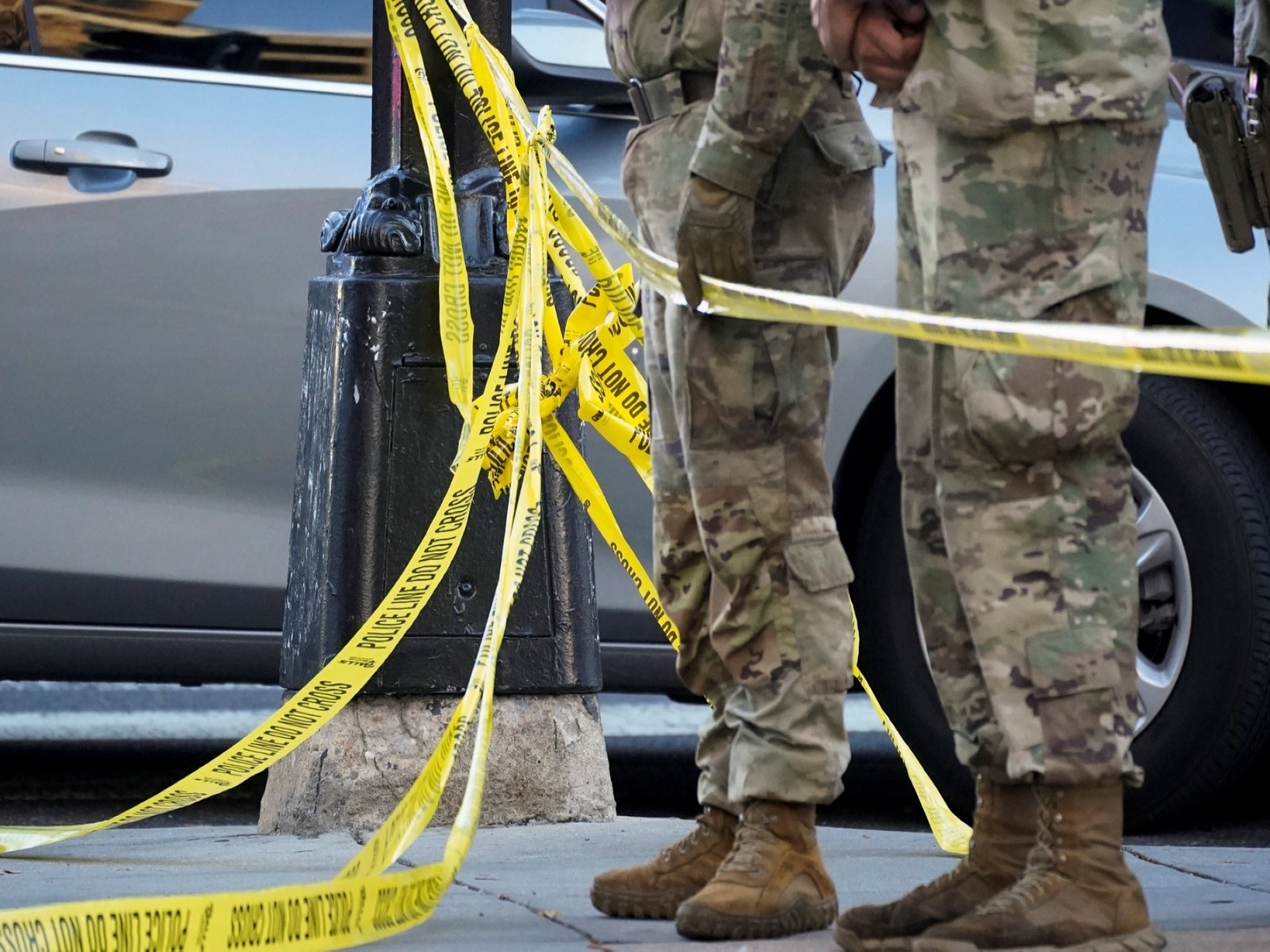World Health Day 2018: Sudden cardiac arrest a public concern

Many people often think that a cardiac arrest and a heart attack are the same things. However, it's not. A heart attack occurs when there is a “blood circulation” problem and sudden cardiac arrest is an “electrical” problem.
What is a Cardiac arrest?
A person suffers a heart attack when the blood flowing to the heart gets blocked, and sudden cardiac arrest occurs when the heart doesn't function or respond or even stops beating
unexpectedly.
It also happens when the heart all of a sudden stops pumping blood to the body, due to an electrical signal problem occurs in the heart. When it happens, the brain is starved of oxygen. This causes you to fall unconscious and stop breathing.
The signs
1. During cardiac arrest, a victim loses consciousness, stops normal breathing and loses pulse and blood pressure. There is a possibility that they may suddenly collapse.
2. Call medical help as soon as possible if you see any person with cardiac arrest warning signs.
3. A proper cardiopulmonary resuscitation (CPR) is very helpful if given on time. It helps the victim breath until medical help arrives.
4. If you think don’t know how to give CPR or haven’t been trained, then the first thing you should do is call the medical help as soon as possible and try to push hard and fast on the center of the chest of the patient. It will help him breathe oxygen.
Also Read: Shocking! Researchers find new brain cells in elderly humans
What causes cardiac arrest?
There is one common reason for the patients to die all of a sudden from cardiac arrest is heart disease.
Many factors besides heart disease and heart attack can cause cardiac arrest which includes electrocution, respiratory problem/respiratory arrest, choking, drowning, and
trauma.
Science says that cardiac arrest can also occur without any known cause.
Can cardiac arrest be reversed?
Research says that brain death and permanent death start to occur in just 4 to 6 minutes after cardiac arrest.
Medical technology proves that cardiac arrest can be reversed if it's operated within a few minutes with an electric shock to the heart to which helps to restore a normal heartbeat. The process is known as defibrillation.
You have to be very cautious as the victim chances of survival are reduced by 7 to 10 percent with every passing minute without giving CPR and defibrillation. A few attempts at resuscitation succeed after 10 minutes.
Mouth-to-mouth ventilation is not required.
In a review of over 430,000 patients with a confirmed acute heart attack from the National Registry of Myocardial Infarction 2, one-third had no chest pain on presentation to the hospital. These patients may present with breathlessness alone, nausea and/or vomiting, palpitations, syncope or transient loss of consciousness, or cardiac arrest. They are more likely to be older, diabetic, and women.
Survey says that women are less vulnerable to sudden death than men.
Also Read: World Health Day 2018: Superfoods every woman should include in her diet






![BJP's Kapil Mishra recreates Shankar Mahadevan’s ‘Breathless’ song to highlight Delhi pollution [WATCH] BJP's Kapil Mishra recreates Shankar Mahadevan’s ‘Breathless’ song to highlight Delhi pollution [WATCH]](https://images.catchnews.com/upload/2022/11/03/kapil-mishra_240884_300x172.png)

![Anupam Kher shares pictures of his toned body on 67th birthday [MUST SEE] Anupam Kher shares pictures of his toned body on 67th birthday [MUST SEE]](https://images.catchnews.com/upload/2022/03/07/Anupam_kher_231145_300x172.jpg)






